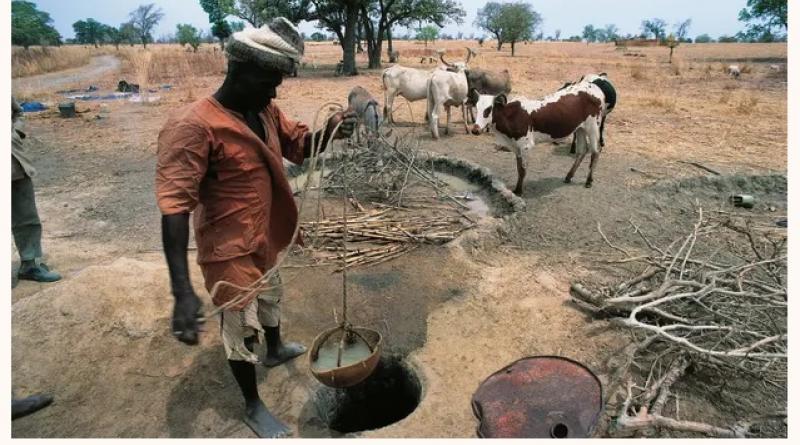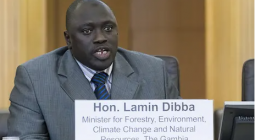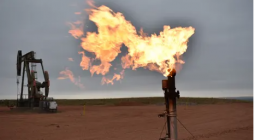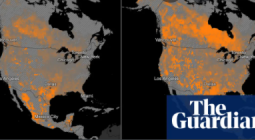Help us support those on the frontline of the climate emergency

As poorer nations pay the price for wealthy countries’ pollution, fighting climate injustice is a moral obligation
I remember thinking: if we make it out alive, how and where are we going to start all over again?” said Vanessa Nieuwenhuizen, who dragged her children to safety through rapidly rising flood waters in Samoa. Others in the Guardian’s interviews with people with personal experience of the climate emergency also talked vividly of the bewilderment and grief caused by wildfires, flooding and drought, of livelihoods lost and lives turned upside down.
“Every tree, every bush, every flower was burned and the whole ecosystem was wiped out,” recalled Antonis Vakos, a beekeeper from the island of Evia in Greece. For some the impact of extreme weather was sudden and catastrophic. For others it meant slow environmental degradation: entire ways of life gradually disappearing amid climate volatility, rising seas, and melting snow and ice. As Daharu Isah, a Nigerian farmer, expressed it: “The weather keeps playing tricks on me.”
In a year in which the real, human and ecological impact of global heating has been brought home to ever more of us – and when the choices facing a world teetering on the edge of irreparable climate disaster were starkly framed at the Cop26 conference in Glasgow – it seemed timely and right that we put the environment at the heart of the 2021 Guardian and Observer charity appeal.
The thread running through our appeal is climate injustice. The stark truth is that the world’s developing countries have seen the vast majority of the death and destruction caused by climate-induced disasters, and yet they are responsible for a tiny fraction of global emissions. The richest countries pollute most but it is in the poorest where climate change is most harshly felt, through extreme poverty, food and water insecurity and the displacement of millions of people from their homes.
Tackling such monumental injustice is an existential issue for the entire world, and a pressing moral obligation for the wealthiest countries. Set beside the vast and bold systemic and behavioural changes we urgently require, a charity appeal might seem relatively insignificant. As ever, however, we see the appeal as a statement of intent, a sign of our commitment to a fairer society; a show of solidarity with the victims of climate injustice; and an ovation for those who fight that injustice.
This year we are supporting four fantastic charities, which in their different ways show how we can start to make a difference:
Practical Action delivers locally run and sustainable plans to help communities adapt to climate change, from flood early warning systems to the introduction of climate-smart regenerative agricultural practices.
The Environmental Justice Foundation puts human rights at the centre of its work securing protection for climate refugees – people displaced from their homes by extreme weather – and highlighting injustices such as illegal fishing and deforestation.
The Royal Botanic Gardens, Kew is best known for its gardens in west London. Your donations will help fund its work protecting biodiversity and restoring denuded land on the island of Madagascar, which the World Food Programme reported is suffering from a famine linked to climate change.
Global Greengrants Fund UK will work with international partners such as CLIMA Fund to regrant its share of your donations to grassroots projects at the sharp end of climate change in the global south.
Since 2015, Guardian and Observer readers have raised just under £10m through our annual appeals. We’ve supported refugees, funded youth homelessness projects, and helped charities fighting Windrush immigration injustices. Last year we raised an incredible £1.4m for charities working with disadvantaged young people in the UK.
In the coming weeks our journalism will highlight the inspiring work of our 2021 charity partners. We hope we can in turn inspire you to give generously.
Donations can be made online by credit card, debit card or PayPal, or by phone on 0151 284 1126. We are unable to accept cheques.





